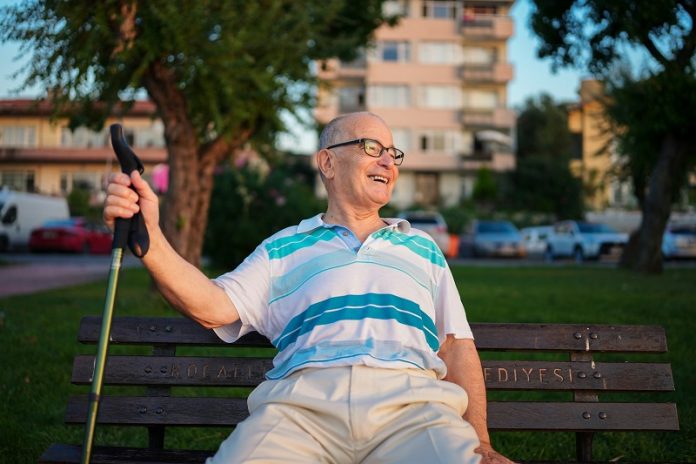
A new study has raised important concerns about starting blood pressure medications in older adults who live in nursing homes. The research, published in JAMA Internal Medicine, found that beginning these medications may double the risk of serious falls and broken bones in this vulnerable group.
The study was carried out by a team from Rutgers University, led by Dr. Chintan V. Dave. They looked at the medical records of nearly 30,000 older veterans who were living in long-term care homes across the U.S.
The researchers used a special method called “target trial emulation” to make the study as close as possible to a real clinical trial, even though it was based on past records.
Their findings were quite striking. Among the residents who started taking blood pressure medication, 5.4 out of every 100 people had a fracture within a year. For those who did not start the medication, the number was much lower—only 2.2 per 100 people.
This means the risk of fractures more than doubled, with an adjusted hazard ratio of 2.42. The study also calculated an extra 3.12 fractures per 100 people each year that could be linked to starting the medication.
But the risks didn’t stop there. Residents who began blood pressure treatment also had higher chances of having serious falls—ones that led to a hospital stay or a trip to the emergency room. There was also a greater risk of fainting.
The hazard ratios for these outcomes were 1.80 for severe falls and 1.69 for fainting, meaning these events were significantly more likely after starting treatment.
The study found that certain residents were especially at risk. People with dementia, higher blood pressure readings (above 140/80), and those who hadn’t recently taken any blood pressure medicine before faced an even greater risk of breaking bones. In these groups, the risk was up to nearly five times higher.
These findings are a reminder that treating high blood pressure in older adults—especially those living in nursing homes—requires careful thought. While managing blood pressure is important for preventing strokes and heart problems, the treatment itself can carry serious side effects for some older people.
Healthcare providers are encouraged to be extra cautious during the first few months after starting blood pressure medication. It’s a time when the body is adjusting, and the risk of falls and fainting may be at its highest. Extra support and monitoring during this period could help prevent injuries.
For people concerned about high blood pressure, there are also other options worth exploring. Studies have shown that eating more potassium-rich foods—like bananas, sweet potatoes, and beans—can help lower blood pressure. There’s also research looking into how certain vitamins and food choices may support healthy blood pressure levels.
This study helps highlight the importance of a personal, well-balanced approach to care in older adults. Blood pressure management is not one-size-fits-all, especially in people who are already fragile. A thoughtful conversation between doctors, patients, and families is essential to make the best decisions for each individual.
If you care about blood pressure, please read studies about blood pressure drug that may increase risk of sudden cardiac arrest, and these teas could help reduce high blood pressure.
For more information about health, please see recent studies about nutrient that could strongly lower high blood pressure, and results showing this novel antioxidant may help reverse blood vessels aging by 20 years.
Copyright © 2025 Knowridge Science Report. All rights reserved.



